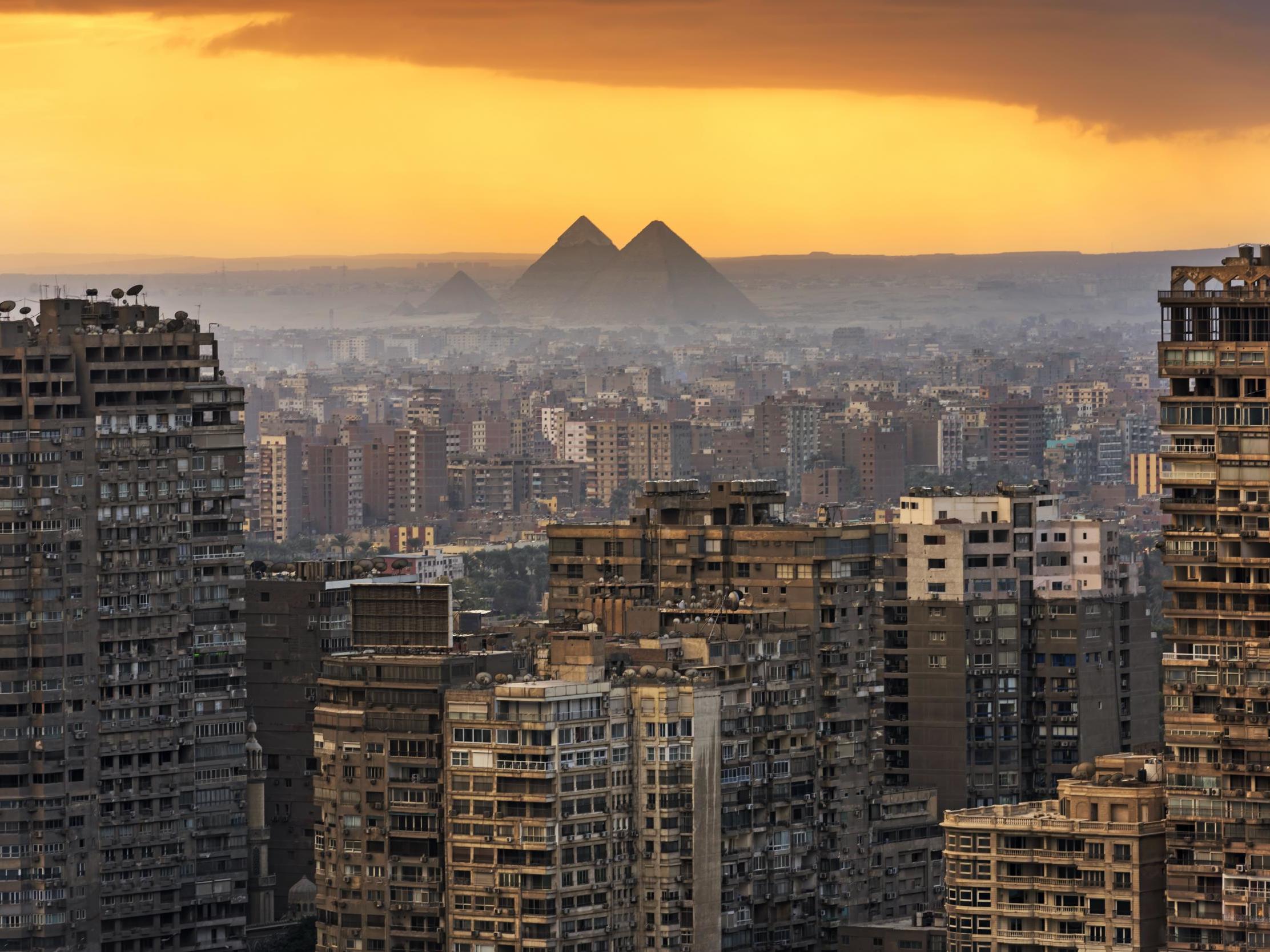Foreign Office warns Britons going to Egypt they can be imprisoned for criticising government
Move comes as tourists gradually return to North African country after seven-year slump

The Foreign Office (FCO) has warned holidaymakers travelling to Egypt that criticising its government could lead to a prison sentence.
With the North African country re-emerging as a popular tourist destination, UK officials have advised against making “political comments” about the president or security forces, which could “cause trouble with the authorities”.
“Publicising strongly negative opinions” about Egypt should be avoided while "derogatory comments on social media have led to custodial sentences", the statement adds.
The updated warning comes as tourists gradually return to Egypt after a seven-year slump that began with 2011’s revolution, subsequent political unrest and the bombing of a Russian plane in 2015 that led to the death of 200 people.
The downing of the passenger jet triggered a collapse in tourism at the previously popular Red Sea resort of Sharm el-Sheikh, which the FCO still advises against traveling to by air.
As well as public criticism, the UK also cautions against public displays of affection, and advises dressing modestly, particularly in rural areas and during Ramadan.

Photography of, or near, military installations is strictly prohibited – this includes the Suez Canal – while photographs of officials taken without consent could also lead to charges.
The updated advice comes days after Egypt’s parliament passed a law allowing the state to target popular social media accounts accused of publishing “fake news”.
The new law will see media accounts and blogs with more than 5,000 followers on social media sites such as Facebook and Twitter treated as media outlets.
As such, they will be subject to prosecution for publishing “fake news” or incitement to break the law.
Join our commenting forum
Join thought-provoking conversations, follow other Independent readers and see their replies
Comments
Bookmark popover
Removed from bookmarks